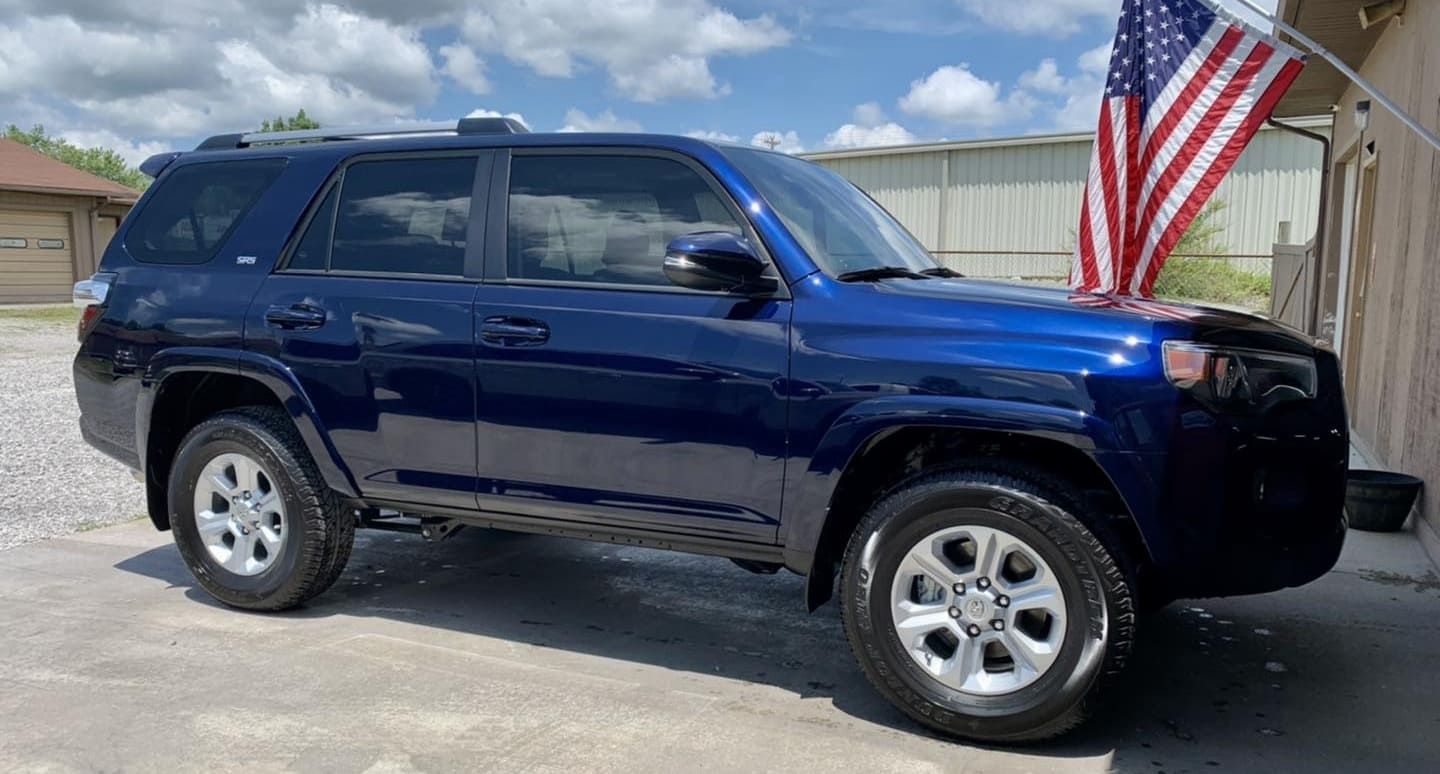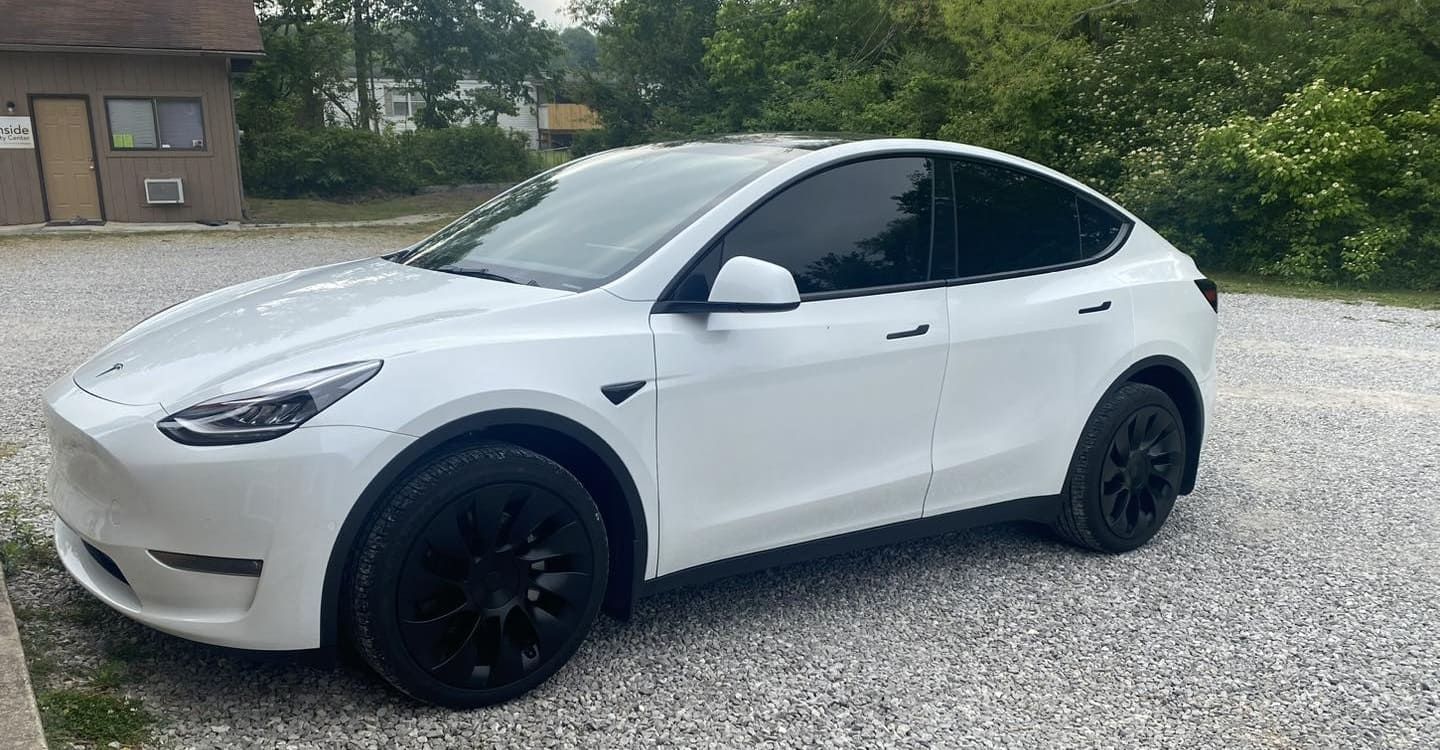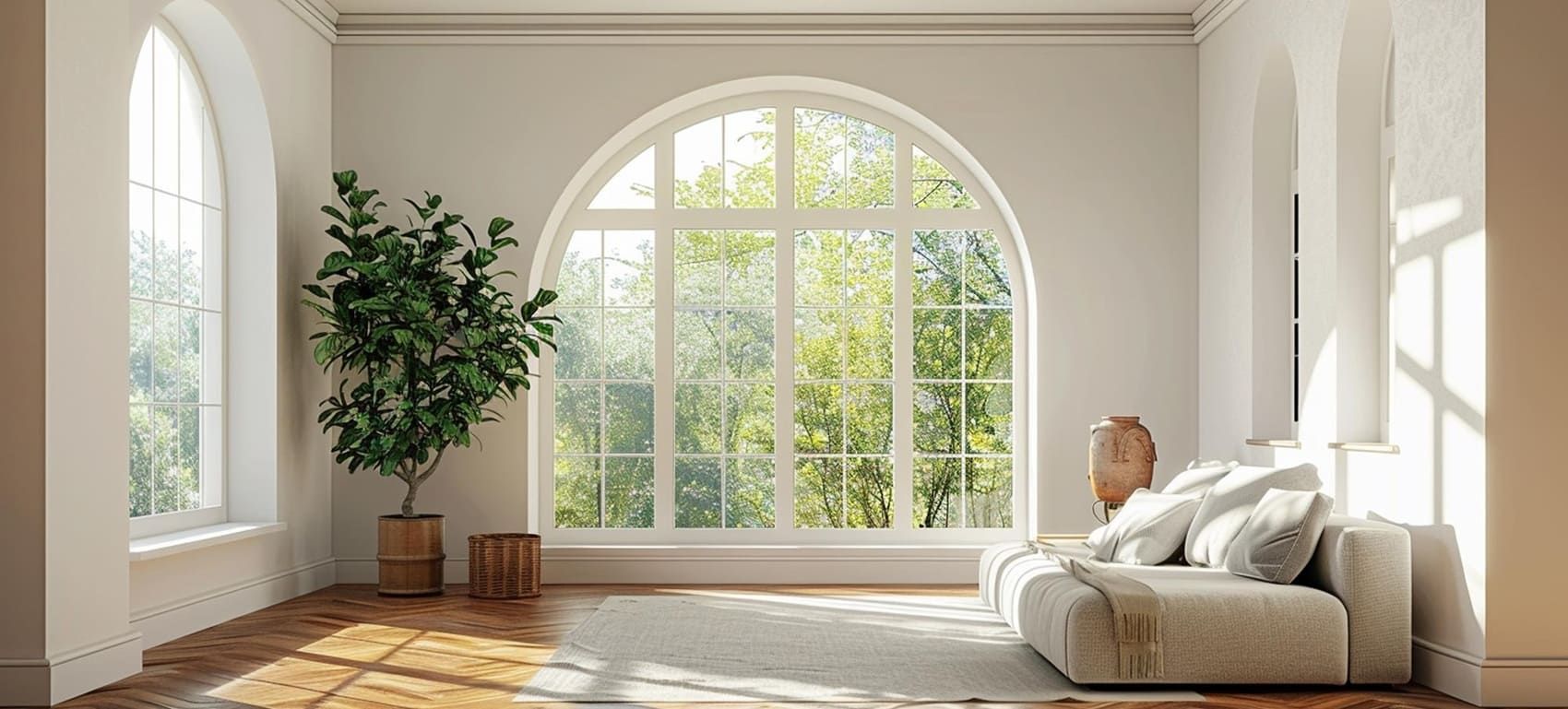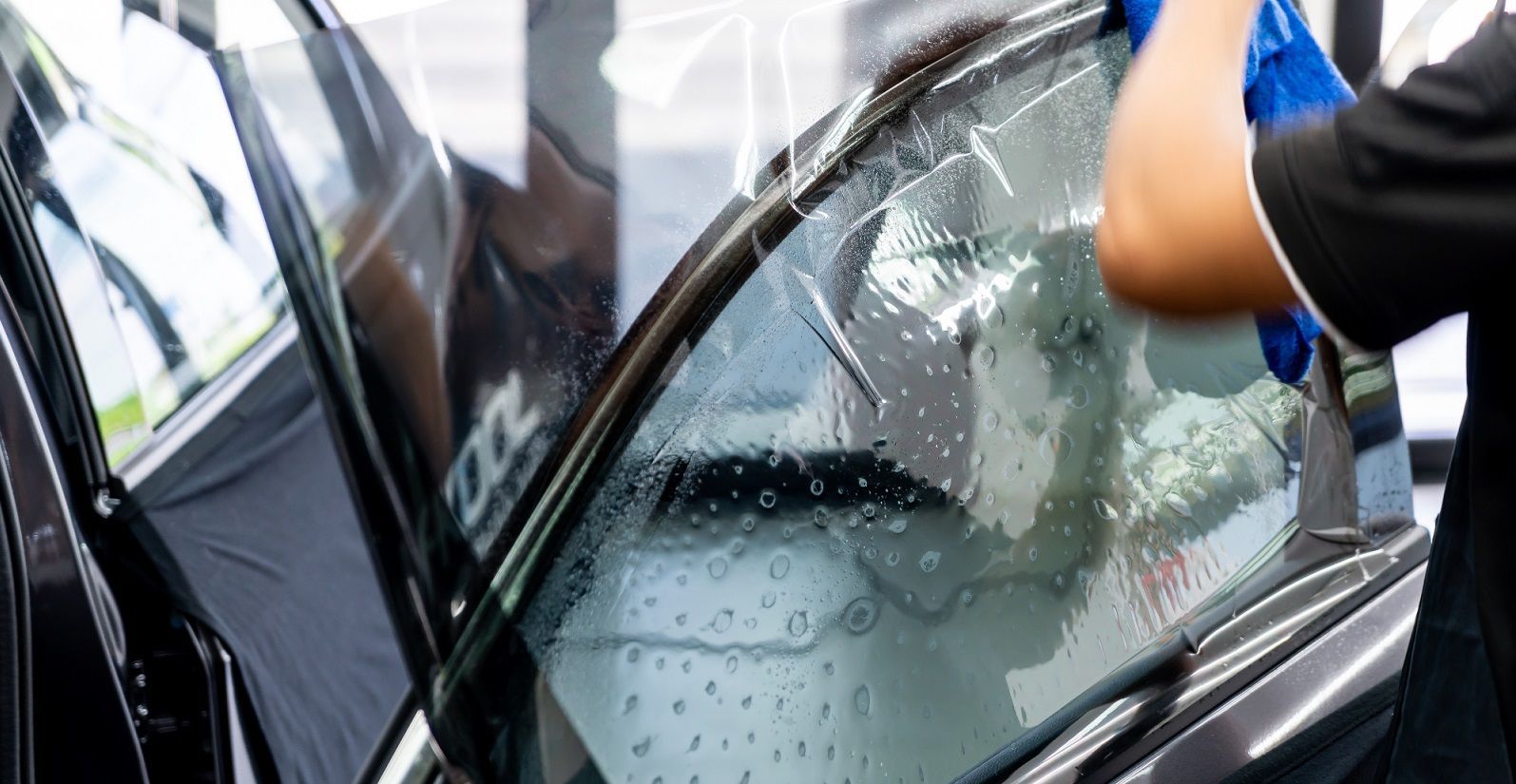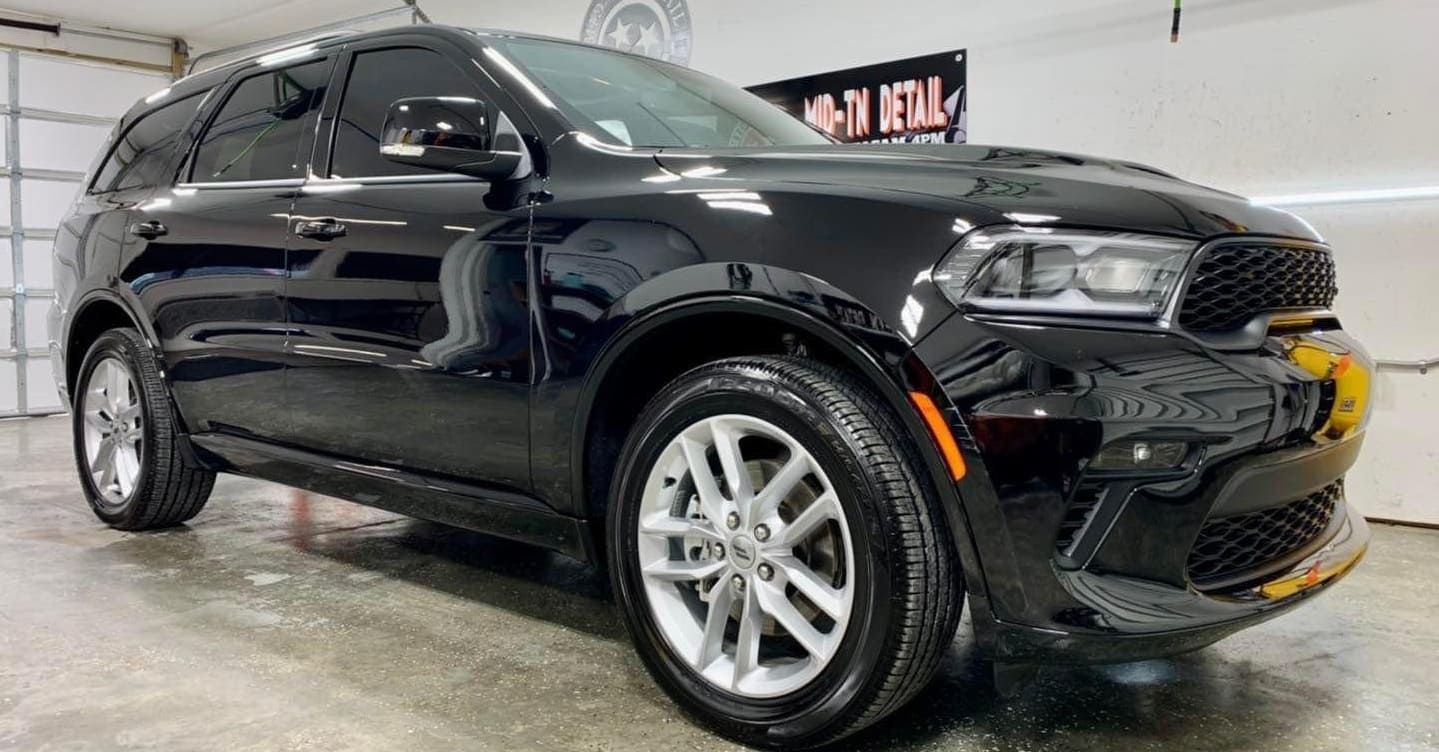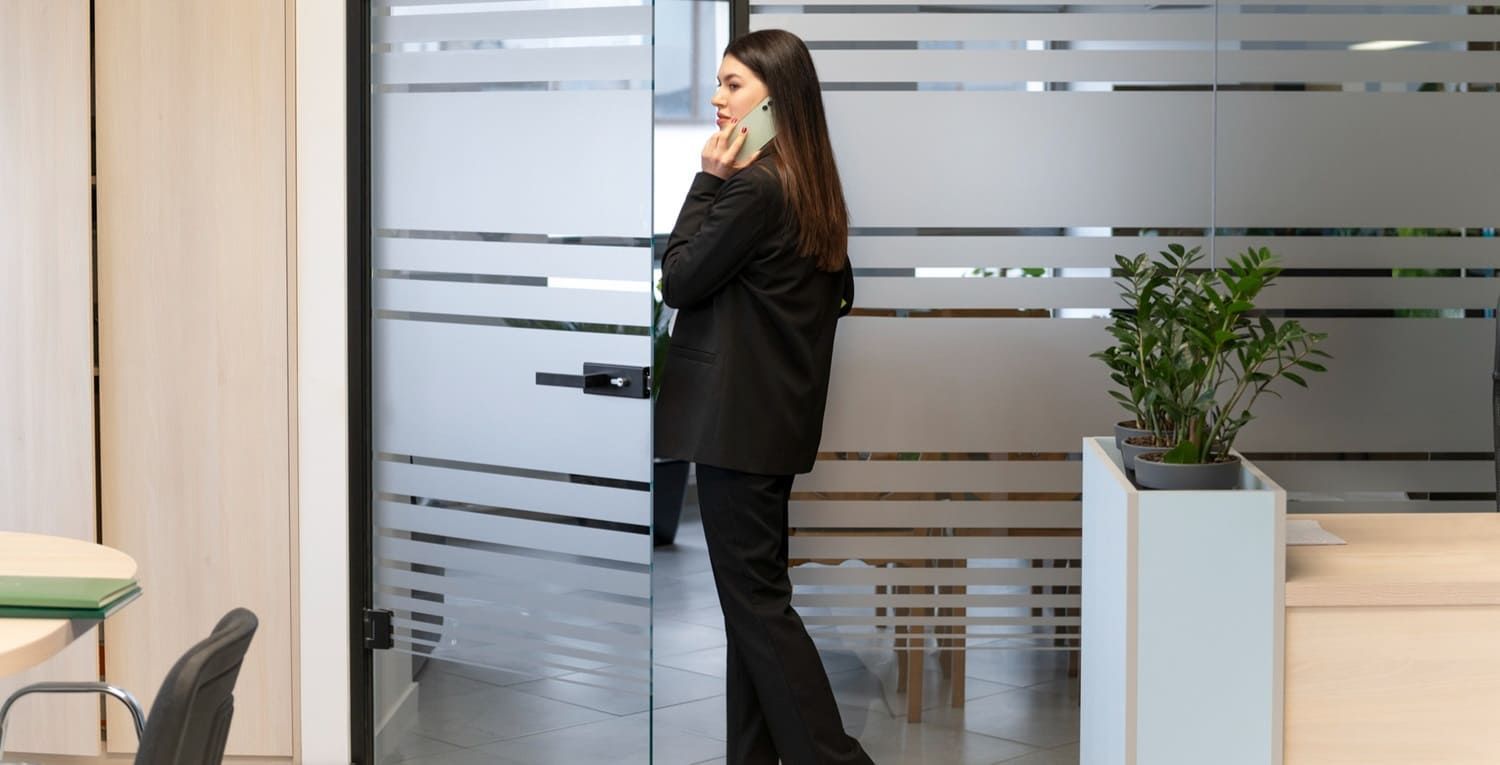What’s the Best Car Window Tint for Hot Weather?
When the sun blazes down and the temperature inside your car starts to rise, having the right window tint can make all the difference. The oppressive heat can turn your car into an oven, causing discomfort and potential harm to both you and your vehicle's interior. Window tinting not only enhances your car's appearance but also plays a crucial role in protecting you and your car's interior from the sun's harsh rays. It can significantly improve your driving experience by reducing glare and maintaining a cooler environment inside the vehicle. Let's dive into the world of car window tints and find out which is the best for hot weather.

Understanding Car Window Tint
Before we delve into the best tints for hot weather, it's essential to understand what car window tint is. Car window tinting involves applying a thin film to the interior side of a car's windows. This film helps reduce the amount of solar heat and radiation that penetrates through the glass. The technology behind window tints has evolved significantly, offering various options tailored to specific needs and preferences.
The application of window tint is more than just a cosmetic enhancement; it serves functional purposes that enhance the longevity and comfort of your vehicle. From improving fuel efficiency by reducing the need for air conditioning to protecting your skin from harmful UV rays, window tinting is a worthwhile investment. Understanding the different types of tints and their benefits can help you make an informed decision that aligns with your needs and budget.
Benefits of Window Tinting
- Heat Reduction: Keeps your car cooler by blocking the sun's heat. This is particularly crucial in hot climates where temperature extremes can cause discomfort and even damage to car interiors. By reducing the heat inside your car, window tints can help improve fuel efficiency since your air conditioning system won't have to work as hard.
- UV Protection: Blocks up to 99% of harmful UV rays, protecting your skin and reducing the risk of skin cancer. Prolonged exposure to UV rays can also cause your car's interior to fade and deteriorate over time. With effective UV protection, you can maintain the aesthetic and resale value of your vehicle.
- Glare Reduction: Minimizes glare from the sun and headlights, improving driving safety. Glare can be a significant distraction while driving, leading to eye strain and reduced reaction times. Tinted windows help in reducing these risks, ensuring a safer driving experience.
- Interior Protection: Prevents fading and cracking of your car's interior due to sun exposure. Your car's upholstery, dashboard, and other interior components can suffer from prolonged sun exposure. Window tinting acts as a shield, preserving the quality and appearance of your car's interior.
- Privacy: Offers added privacy and security by making it harder to see inside your car. This can be a deterrent to theft as it conceals valuable items from prying eyes. Additionally, it provides a sense of personal space, making your car feel more like a private sanctuary.
Types of Car Window Tint
There are several types of window tints available, each with its unique properties and benefits. Understanding the differences between these types can help you select the most suitable option for your needs. Here's a look at some of the most popular ones.
Dyed Window Tint
Dyed window tint is the most affordable option. It uses a dye layer to absorb solar heat. This type of tint provides a darkened appearance and privacy, which can enhance the look of your vehicle. However, it does not offer as much heat reduction as other types, which can be a limitation in extremely hot climates.
While the initial cost is low, dyed tints may fade over time and require replacement more frequently than other types. Despite these drawbacks, dyed window tint remains popular due to its cost-effectiveness and aesthetic appeal. It's a good choice for those prioritizing budget and appearance over maximum heat reduction.
Metalized Window Tint
Metalized tint contains tiny metallic particles that reflect sunlight, providing excellent heat reduction. The reflective nature of this tint not only helps in keeping your car cool but also adds a sleek, shiny appearance to your windows. However, it can interfere with cell phone and GPS signals, which might be a drawback for some users.
This interference can be a significant issue for those who rely heavily on electronic devices for navigation and communication. While the performance of metalized tints in blocking heat and UV rays is impressive, the potential inconvenience caused by signal disruptions should be considered before choosing this option.
Carbon Window Tint
Carbon tint is known for its matte finish and does not fade over time. It offers superior heat and UV protection compared to dyed and metalized tints. The carbon particles embedded in the tint provide effective insulation against solar heat, making it an excellent choice for hot weather conditions. Plus, it doesn't interfere with electronic signals, maintaining the functionality of your devices.
This type of tint is also praised for its durability and longevity, offering a great return on investment. While it may be more expensive than dyed tints, the enhanced performance and lack of signal interference make it a preferred option for many car owners looking for a balance between cost and functionality.
Ceramic Window Tint
Ceramic tint is considered the top-of-the-line option. It uses ceramic particles to block heat and UV rays without affecting visibility or electronic signals. This advanced technology provides the highest level of performance in terms of heat rejection and UV protection. Although it's more expensive, it offers the best overall performance in hot weather, making it a worthwhile investment for those who prioritize quality and effectiveness.
The clarity and non-reflective nature of ceramic tints ensure excellent visibility while driving. Despite the higher cost, the unmatched benefits of ceramic tints make them the ideal choice for those looking for maximum comfort and protection in hot climates.
Hybrid Window Tint
Hybrid tint combines dyed and metalized tints to offer a balance between heat reduction and cost. By integrating the benefits of both types, hybrid tints provide decent UV protection and heat reduction without the interference of electronic signals. This makes them a practical option for those who want good performance without paying for the premium price of ceramic tints.
Hybrid tints are a versatile choice, offering a moderate level of privacy, appearance, and functionality. They cater to car owners seeking a middle-ground solution that offers satisfactory performance and affordability without compromising on essential features.
Choosing the Best Window Tint for Hot Weather
When selecting the best window tint for hot weather, consider factors like heat rejection, UV protection, signal interference, and cost. These factors will determine the effectiveness and satisfaction you derive from your window tinting choice.
Heat Rejection
For the best heat rejection, ceramic and carbon tints are the top choices. They effectively block a significant amount of solar heat, keeping your car cool even on the hottest days. This can significantly enhance your driving comfort and reduce the need for air conditioning, thus improving fuel efficiency.
In extremely hot climates, the ability of a tint to reject heat becomes a critical factor. By investing in high-performance tints like ceramic or carbon, you can ensure that your vehicle remains comfortable and protected from the adverse effects of excessive heat.
UV Protection
All tints offer UV protection, but ceramic and carbon tints provide the highest levels of UV blocking, protecting both your skin and your car's interior from damage. This is crucial for maintaining the health of your skin and the longevity of your vehicle's interior components.
Effective UV protection can prevent the fading and deterioration of your car's upholstery, dashboard, and other interior features. Choosing a tint with superior UV blocking capabilities is a wise decision for those who spend considerable time driving in sunny conditions.
Signal Interference
If you rely heavily on electronic devices like GPS and smartphones, avoid metalized tints as they can cause signal interference. Ceramic and carbon tints do not have this issue, allowing you to use your devices seamlessly.
Maintaining signal clarity is essential for modern drivers who depend on technology for navigation and communication. By selecting tints that do not interfere with electronic signals, you can enjoy uninterrupted connectivity and convenience.
Cost Considerations
Your budget will play a significant role in your choice. While ceramic tints offer the best performance, they are also the most expensive. If cost is a concern, consider carbon or hybrid tints as a balance between performance and affordability. These options provide good heat and UV protection without breaking the bank.
Evaluating the long-term benefits and costs associated with each type of tint can help you make a financially sound decision. Investing in a quality tint can save you money in the long run by preserving your car's interior and reducing energy costs.

Laws and Regulations
Before you tint your car windows, it's crucial to check your local laws and regulations regarding window tinting. Each state or country has different rules about how dark or reflective your tint can be. Installing a tint that is too dark can result in fines or the need to remove the tint altogether.
Understanding these regulations can prevent legal issues and ensure that your vehicle remains compliant with
local laws. Consider consulting with a professional window tinting service to ensure that your tint meets the legal requirements in your area.
Maintaining Your Car Window Tint
To ensure your window tint lasts and performs well, proper maintenance is essential. Regular care can prolong the life of your tint and maintain its appearance and functionality. Here are some tips:
- Avoid Ammonia-Based Cleaners: Use mild, non-abrasive cleaners without ammonia to clean your tinted windows. Ammonia can degrade the tint film, leading to peeling and discoloration over time.
- Use a Soft Cloth: A soft, microfiber cloth is ideal for cleaning to prevent scratching the tint. Scratches can compromise the tint's effectiveness and appearance, so gentle cleaning practices are important.
- Be Gentle: Avoid using sharp or rough objects on the windows that can damage the tint. Handle your tinted windows with care to prevent accidental damage and ensure their longevity.
Conclusion
Selecting the best car window tint for hot weather involves considering various factors such as heat rejection, UV protection, and signal interference. Ceramic and carbon tints stand out as the best options for those looking to maximize heat reduction and UV protection without signal interference. However, always consider your budget and local regulations before making a decision.
At Cookeville Window Tint, we specialize in high-quality window tinting services in Cookeville, TN, offering premium ceramic and carbon tints that help keep your vehicle cool and protected. With the right tint, you can enjoy a cooler, safer, and more comfortable ride, no matter how hot it gets outside.
By investing in quality window tinting, you not only enhance the comfort and safety of your vehicle but also contribute to its long-term preservation and value.
Contact Cookeville Window Tint today for a free estimate, and let us help you choose the perfect tint for your needs!
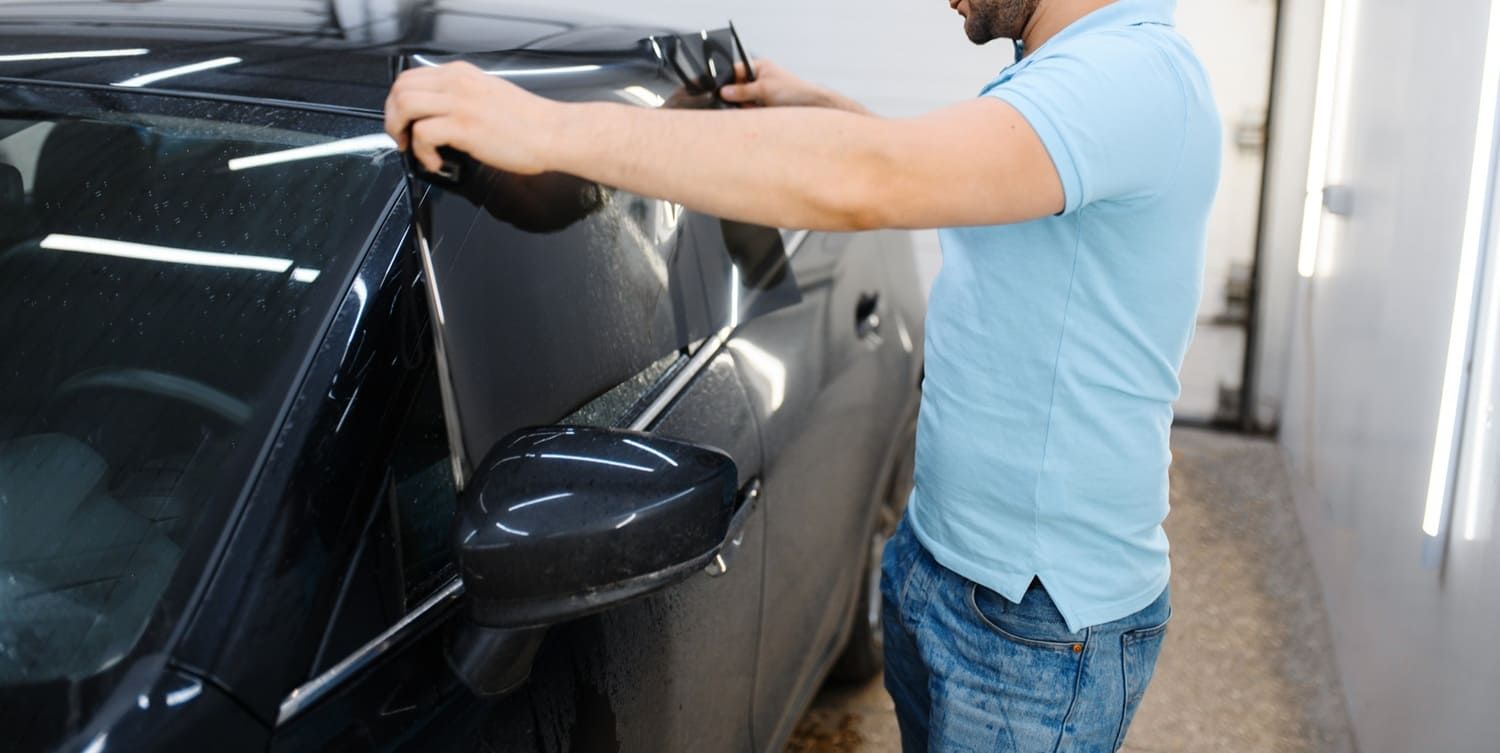
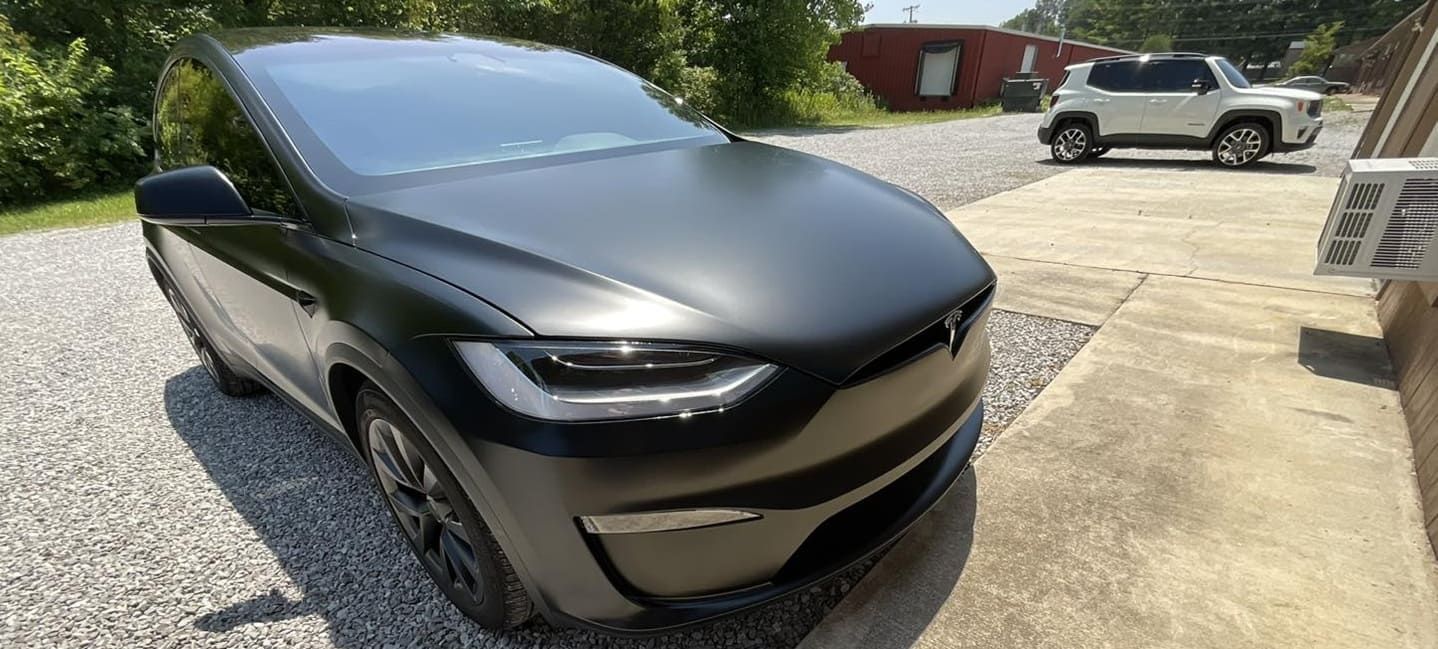
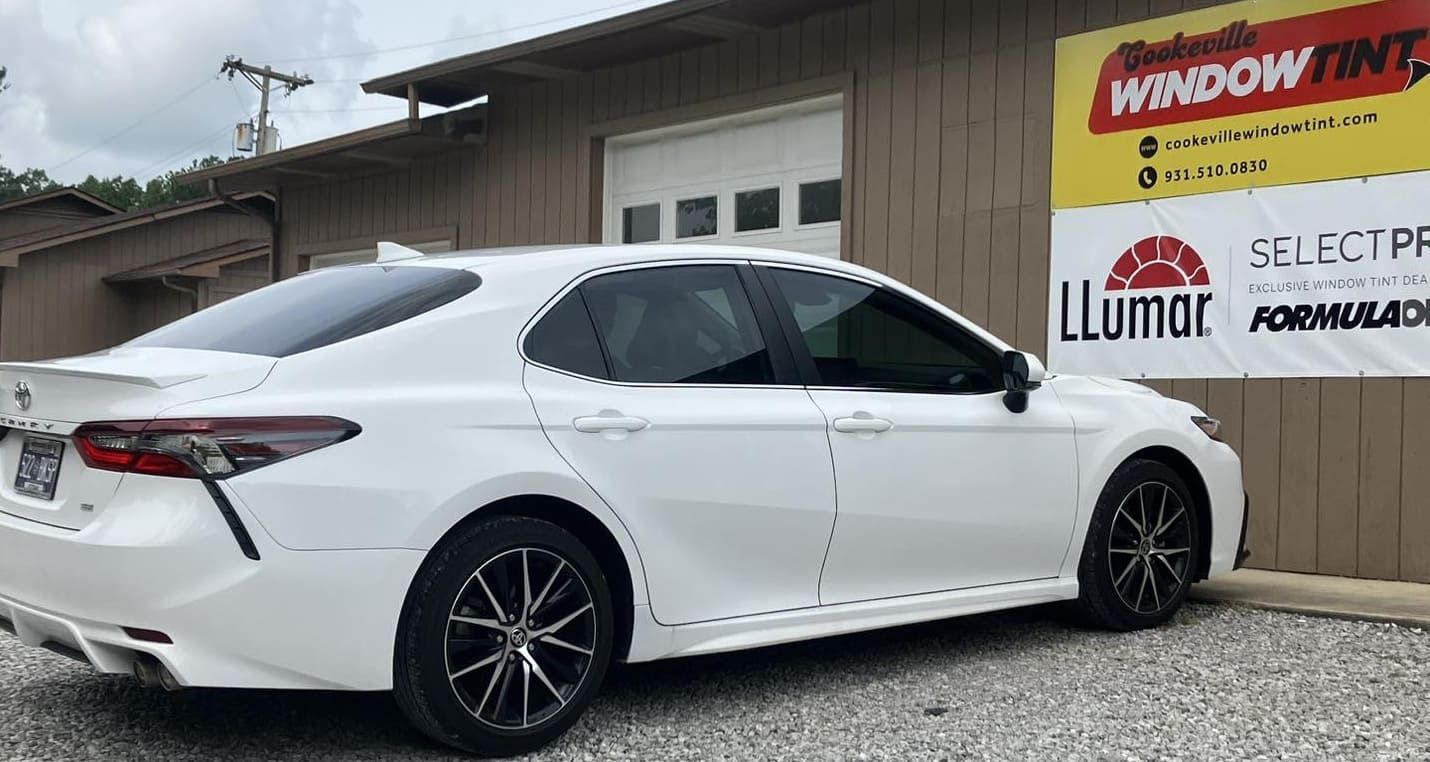
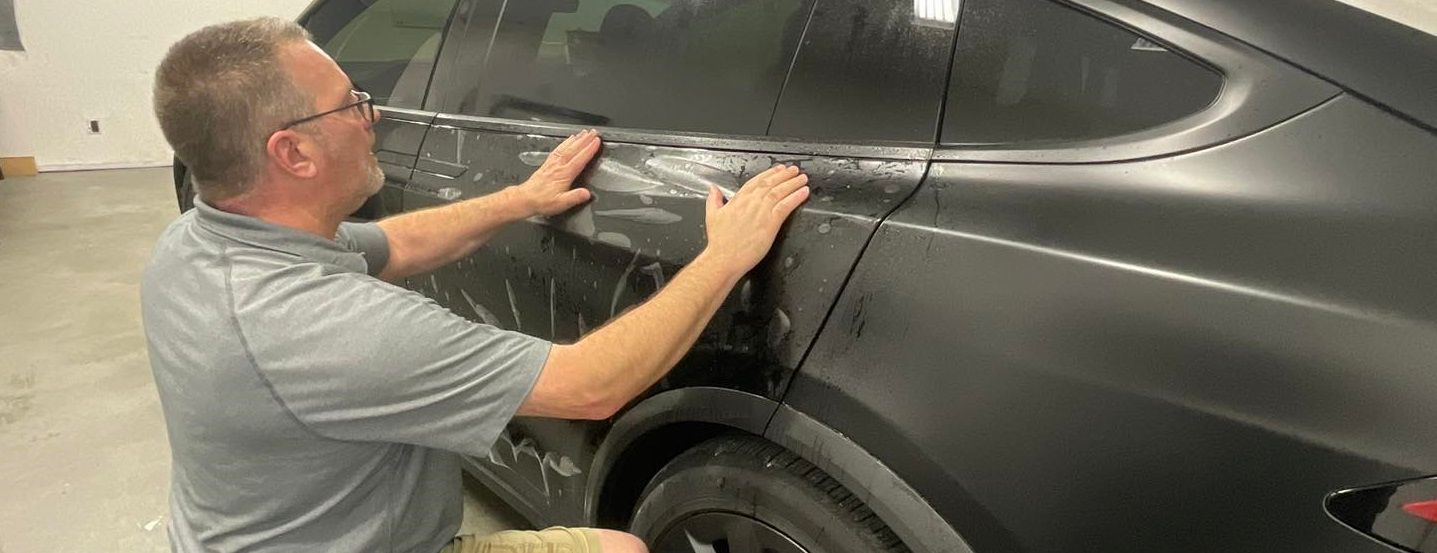

BUSINESS HOURS
Monday - Friday: 8AM - 4PM
Saturday - Sunday: CLOSED
All Rights Reserved | Cookeville Window Tint

